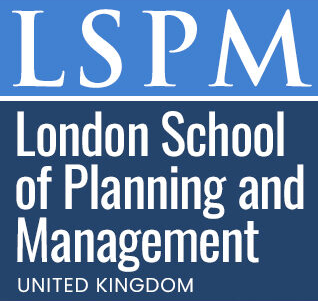Certified Professional in Media Bias Detection
Published on June 28, 2025
About this Podcast
HOST: Welcome to our podcast, today we're talking with an expert about the course "Certified Professional in Media Bias Detection." Can you tell us a bit about this course and what inspired you to create it? GUEST: Absolutely, this course equips learners with the skills to critically analyze media sources. I was inspired by the need for information literacy in today's complex media landscape. HOST: That sounds fascinating. How do cognitive biases play a role in media bias detection, and why is it important for journalists, educators, and students to understand them? GUEST: Cognitive biases can significantly impact how we perceive and interpret information. It's crucial for journalists, educators, and students to be aware of these biases to ensure accurate reporting and understanding. HOST: I see. And what about media manipulation techniques? Can you give us some examples and explain how they're used in the media? GUEST: Of course, techniques like framing, agenda-setting, and priming are commonly used to influence public opinion. For instance, news outlets may use fear-based framing to create a sense of urgency around certain issues. HOST: Interesting. Now, let's talk about fact-checking and source verification. How can these skills help individuals make informed decisions about the news they consume? GUEST: Fact-checking and source verification are essential for discerning truth from misinformation. By verifying information and cross-referencing sources, individuals can make informed decisions about the credibility of news articles. HOST: That's so true. In your experience, what are some of the biggest challenges faced when it comes to media bias detection, and how does this course address those challenges? GUEST: One challenge is the overwhelming amount of information available online. Our course teaches learners to prioritize and analyze sources effectively, helping them navigate the digital noise. HOST: As we look to the future, what trends do you see emerging in the field of media bias detection, and how is this course preparing learners for those changes? GUEST: I expect to see increased demand for media literacy and critical thinking skills. This course equips learners with the tools they need to stay informed and contribute to informed public discourse. HOST: Thank you for sharing your insights with us today. It's clear that the "Certified Professional in Media Bias Detection" course is a valuable resource for anyone seeking to become a critical consumer of information. GUEST: Thank you for having me. It's been a pleasure discussing this important topic with you.
